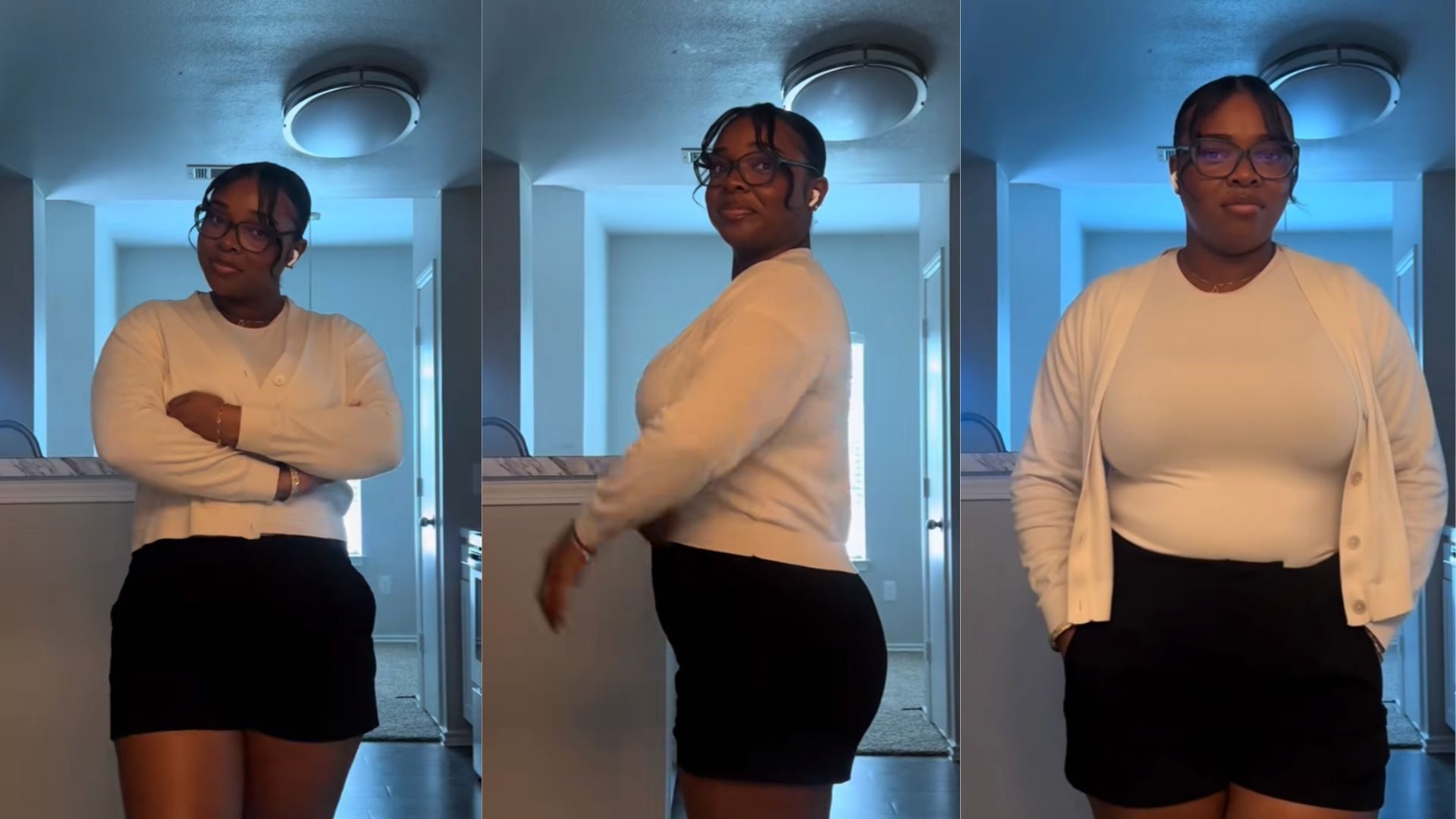
In today’s digital age, TikTok has become a breeding ground for discussions that span a wide range of topics, from light-hearted trends to more serious societal debates. One conversation that recently went viral on the platform revolved around the appropriateness of wearing shorts to a job interview. A user shared that she was rejected from a potential job after wearing shorts to her interview. This debate sparked significant online discussion and highlighted modern workplace culture’s shifting norms and expectations.
The video quickly gained traction, amassing thousands of views and an overwhelming number of comments, as users expressed both support and opposition to the idea. The debate touches on deeper issues such as generational differences, evolving workplace norms, and the role of personal expression in professional settings.
The Evolution Of Workplace Attire
To understand the root of this debate, it’s essential to consider the historical context of workplace attire. For decades, the corporate world has stuck to a strict dress code, often requiring formal or business casual attire. Suits, ties, and dresses were the norm, symbolizing professionalism, respect, and competence. The idea was that dressing formally conveyed seriousness and a readiness to conform to workplace expectations.
However, in recent years, these rigid dress codes have begun to loosen, especially in creative industries and tech companies. The rise of Silicon Valley’s casual work environment, where hoodies and jeans became the new normal, has had a ripple effect across various sectors. This shift reflects a broader trend toward valuing skills and innovation over appearance. In this context, the TikTok conversation about wearing shorts to an interview reflects the ongoing evolution of what is considered appropriate in professional settings.
Generational Differences Of Professionalism
The debate over wearing shorts to a job interview also stresses generational differences in perceptions of professionalism. Younger generations, particularly Millennials and Zillennials, have grown up in an era where individuality and self-expression are celebrated. They are more likely to prioritize comfort and authenticity, even in professional environments. For many, wearing shorts to a job interview may not be seen as a lack of respect but rather as asserting their identity and values.
In contrast, older generations often hold more traditional views on workplace attire. For them, dressing formally for an interview shows respect for the employer and the opportunity offered. It is a way to demonstrate seriousness and commitment to the role. This generational divide is evident in the reactions to the viral TikTok, with older users often expressing concern or disapproval, while younger users are more likely to defend the choice.
The Role Of Company Culture
Another critical factor in this debate is the role of industry and company culture in determining appropriate interview attire. What might be acceptable in a startup or a creative agency could be frowned upon in a more traditional corporate environment.
These expectations highlight the importance of context when it comes to interview attire. Job seekers need to consider the culture of the company they are applying to and the specific role they are interviewing for. While some companies may appreciate a more relaxed and authentic approach, others may still expect candidates to adhere to traditional dress codes, especially in more conservative industries.
The Impact Of Remote Work On Dress Codes
The rise of remote work, accelerated by the COVID-19 pandemic, has also significantly reshaped attitudes toward professional attire. As more people began working from home, the lines between workwear and casual clothing blurred. Video conferencing platforms like Zoom became the primary mode of communication, and employees often dressed more casually than they would in a physical office.
This shift has led to reevaluating what is considered appropriate work attire. Many companies have relaxed their dress codes, recognizing that comfort and productivity can go hand in hand. In this context, wearing shorts to a job interview might not seem as radical as it once did. It reflects a broader acceptance that how one dresses does not necessarily correlate with one’s ability to perform a job effectively.
The Future of Workplace Attire
The viral TikTok discussion about wearing shorts to a job interview is more than just a debate about clothing; it reflects the changing nature of work and the evolving expectations of employees and employers alike. As the workplace continues to transform, driven by technological advancements and shifting cultural norms, the definition of professionalism is likely to become more fluid.
Ultimately, the decision of what to wear to a job interview will continue to be influenced by various factors, including industry standards, company culture, and personal values. While some may cling to traditional notions of professionalism, others will embrace the opportunity to redefine what it means to be professional in the modern workplace. The conversation sparked by this viral TikTok is a reminder that the workplace is not static; it is constantly evolving, shaped by the diverse perspectives and experiences of those who inhabit it.
As this debate unfolds, it will be interesting to see how attitudes toward workplace attire evolve and what new norms emerge in the post-pandemic world. Whether shorts become an accepted part of interview attire or remain a point of contention, one thing is clear: the conversation around professional dress codes is far from over.
About the Author: Kenyatta Victoria is the lead writer for Essence GU, working on all things pop culture, politics, entertainment and business. Throughout her time at GU, she’s garnered devoted readers and specializes in the Zillennial point of view.